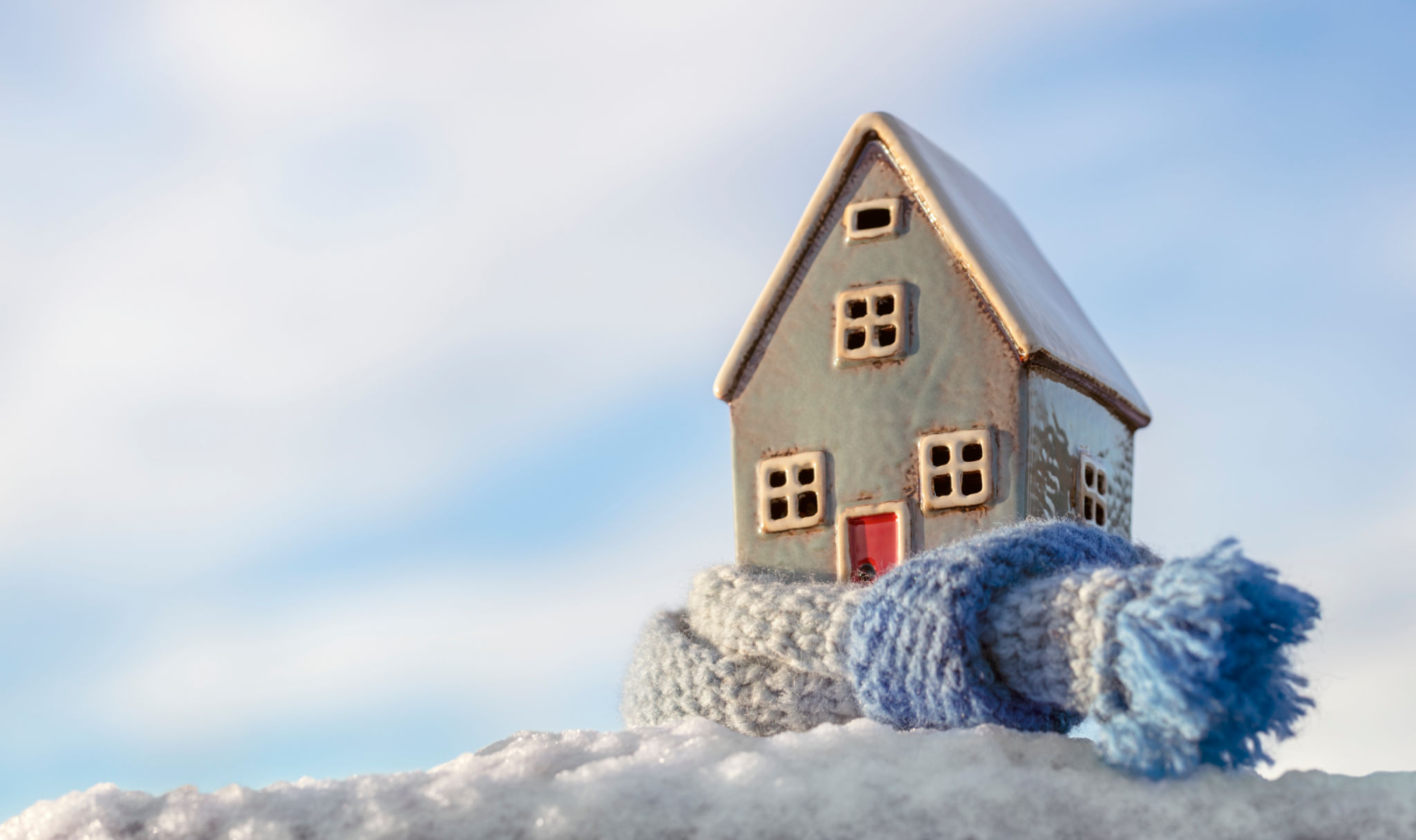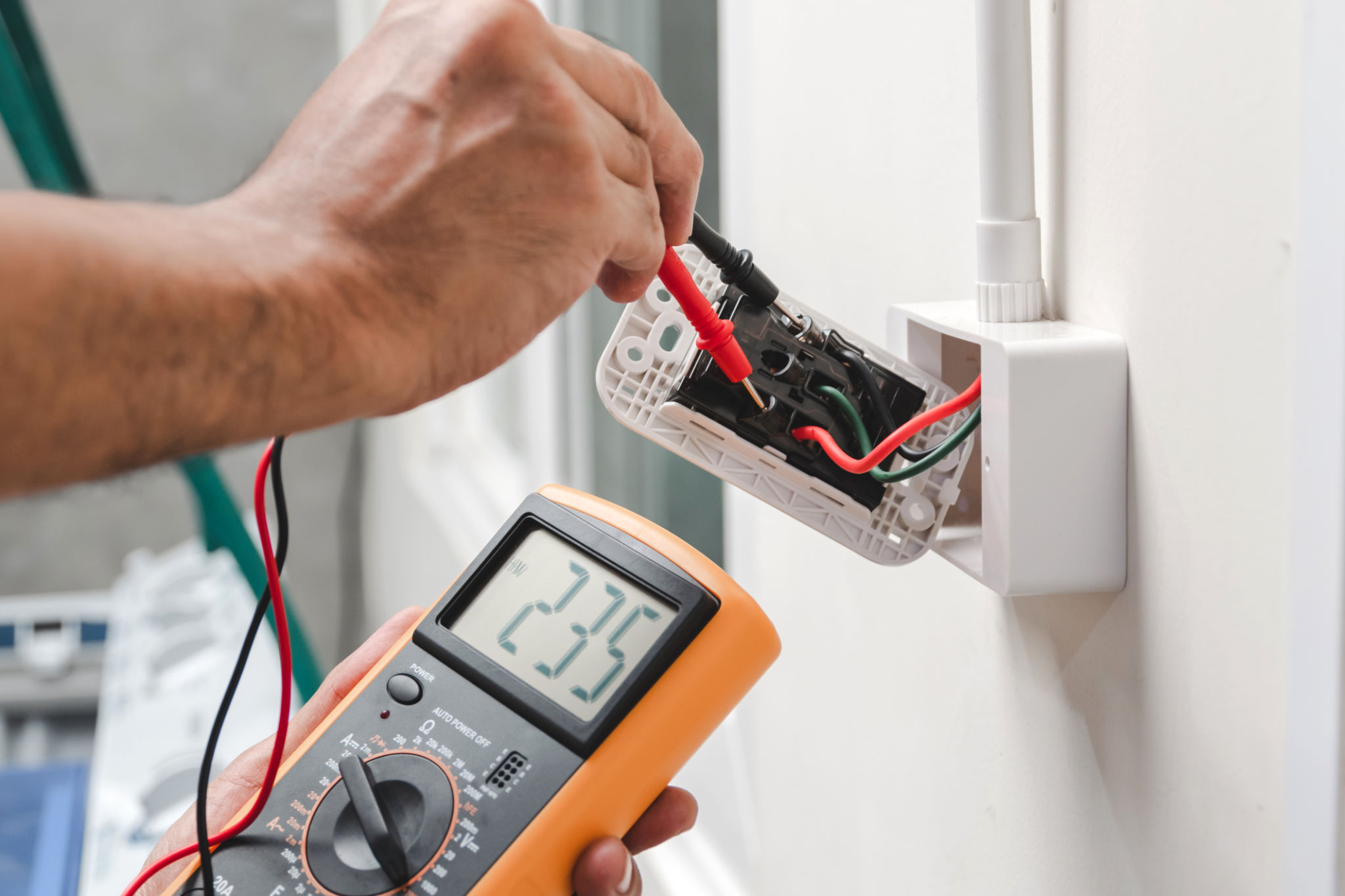Preparing Your Home for Winter: Essential Electrical Safety Tips
Understanding the Importance of Electrical Safety
As winter approaches, many homeowners focus on preparing their homes to withstand colder temperatures. While insulating windows and sealing drafts are common tasks, ensuring your home’s electrical system is prepared for the season is equally important. With increased usage of heating devices and holiday lighting, the risk of electrical hazards can increase. By following some essential electrical safety tips, you can keep your home safe and enjoy a worry-free winter.
Winter brings an increased demand on electrical systems as more appliances and heating devices are put into use. This heightened demand can sometimes lead to circuit overloads and potential fire risks. Therefore, it’s crucial to assess your electrical system's capacity and ensure it is equipped to handle this increased load.

Inspecting and Upgrading Your Electrical System
One of the first steps in preparing your home for winter is to inspect your electrical system. This includes checking wiring, outlets, and circuit breakers for any signs of wear or damage. If you notice any frayed wires or burnt outlets, it's important to address these issues immediately, preferably with the help of a licensed electrician.
Consider upgrading your electrical panel if your home is older or if you frequently experience tripped breakers. An updated electrical panel can handle more load and improve the overall safety of your home. Additionally, installing ground fault circuit interrupter (GFCI) outlets in areas prone to moisture, such as kitchens and bathrooms, can prevent electrical shocks.

Safe Use of Heating Devices
Heating devices such as space heaters are popular during the winter months but can pose significant safety risks if not used properly. Ensure that you use space heaters with built-in safety features like automatic shut-off and tip-over protection. Always place them on stable surfaces and keep them at least three feet away from flammable materials such as curtains and furniture.
Never use extension cords with space heaters, as they can overheat and cause a fire. Instead, plug them directly into a wall outlet and avoid running them on the same circuit as other high-wattage appliances to prevent overloads.

Holiday Lighting Precautions
The holiday season often involves elaborate lighting displays both inside and outside the home. While these add to the festive spirit, they also increase the risk of electrical mishaps. Inspect all holiday lights for damaged cords or broken bulbs before use, and replace any faulty components.
When setting up outdoor lights, use extension cords rated for outdoor use and ensure all connections are weatherproof. Avoid overloading electrical circuits by using LED lights, which consume less power and reduce the risk of overheating.
Maintaining Safety During Power Outages
Winter storms can lead to power outages, which may tempt homeowners to use generators or alternative heating sources. If you plan to use a generator, ensure it is installed by a professional and operated according to the manufacturer’s instructions. Never operate a generator indoors or in enclosed spaces to avoid carbon monoxide poisoning.
If using candles during a power outage, keep them away from flammable materials and never leave them unattended. Battery-operated LED candles are a safer alternative.

Final Checks and Preparations
Before winter sets in, conduct a final check of all smoke detectors and carbon monoxide alarms in your home. Replace batteries if needed and test each device to ensure they are functioning correctly. These devices are crucial for alerting you to potential dangers in time to take action.
By taking these steps to prepare your home for winter, you can significantly reduce the risk of electrical hazards. Keeping your family safe and comfortable throughout the cold months is not only about staying warm but also about maintaining a secure electrical environment. Prioritize these safety tips as part of your winter preparation checklist.